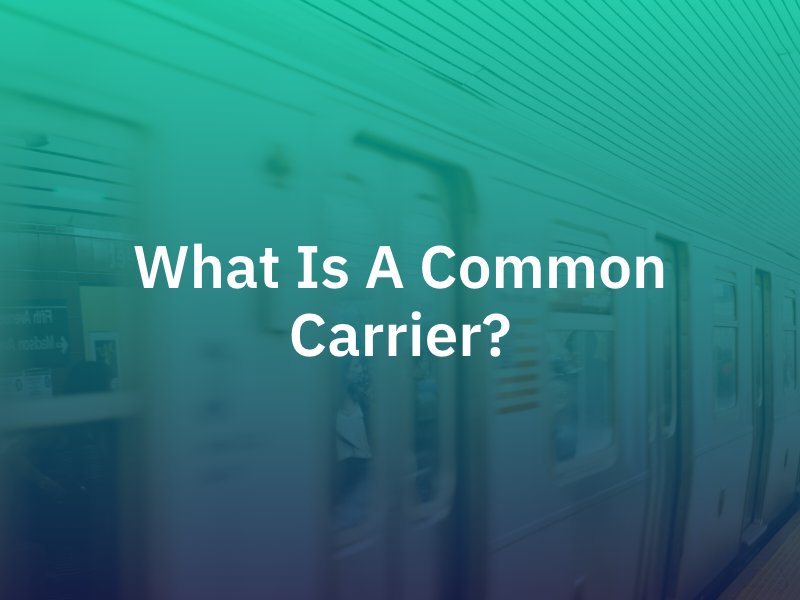What Is A Common Carrier?
Posted on June 15, 2021 in Auto Accidents
Even though you may have never heard of the phrase “common carrier,” the reality is that most of us have ridden in one at some point in our lives. Common carriers play a crucial role in our lives, whether we know it or not. Common carriers are any type of vehicle that moves individuals or goods from place to place for a fee. Common carriers can include a range of types of vehicles, including trains, airplanes, buses, cruise ships, taxis, and more. California even considers amusement park rides to be common carriers (but not Oregon).
Here, we want to dig into Oregon’s definition of common carriers. We also want to discuss how being involved in an accident with a common carrier differs from other types of accidents that can occur on the roadway.

The Duty of Care for Common Carriers
Every driver on the roadway owes a duty of care to others around them. This means that they have to operate responsibly to ensure the safety of everybody else on the roadway. However, common carriers are always held to a higher standard of care.
A common carrier’s duty of care rises above the standard obligation that everybody else has to use “reasonable care” to avoid causing injuries to others. What this means is that common carriers could be held responsible for injuries they cause, even if they are only slightly negligent. The reason for holding common carriers to a heightened standard of care is based on the idea that serving the public (transporting goods or services) involves greater responsibility.
Common carriers must:
- Use the utmost care, diligence, and vigilance when it comes to the safe transportation of passengers.
- Provide everything that is needed for the safe transportation of the passengers.
- Exercise all care, foresight, and skill that should be reasonably exercised under the circumstances to avoid causing injuries to passengers and others on the roadway.
Injuries Involving Common Carrier Accidents
Accidents with common carriers often result in severe injuries for those involved in the incident. In general, common carriers are larger vehicles that transport many more passengers than traditional vehicles do. When a common carrier accident does happen, victims could sustain the following injuries:
- Severe sprains or strains
- Broken or dislocated bones
- Lacerations or puncture wounds
- Crush injuries or amputations
- Traumatic brain injuries
- Concussions
- Open head wounds
- Spinal cord trauma
- Whiplash
- Other severe back or neck injury
- Internal organ damage or internal bleeding
- Significant scarring or disfigurement
In addition to these traumatic injuries, we also know that common carrier victims could suffer from significant emotional and psychological trauma as a result of the incident. This can include feelings of stress, anxiety, and depression, as well as post-traumatic stress disorder (PTSD)
Contact an Attorney for Injuries on Common Carriers
If you or somebody you care about has been injured in a car accident involving a common carrier, please reach out to an attorney for help with your case as soon as possible. These claims can become incredibly complicated, particularly when it comes to determining liability and establishing a breach of duty of care.
A skilled attorney can use their resources to conduct a complete investigation into the incident to determine fault. They will work with trusted medical and economic experts to properly calculate the total losses their client has sustained and vigorously negotiate with insurance carriers to recover compensation on their behalf.
